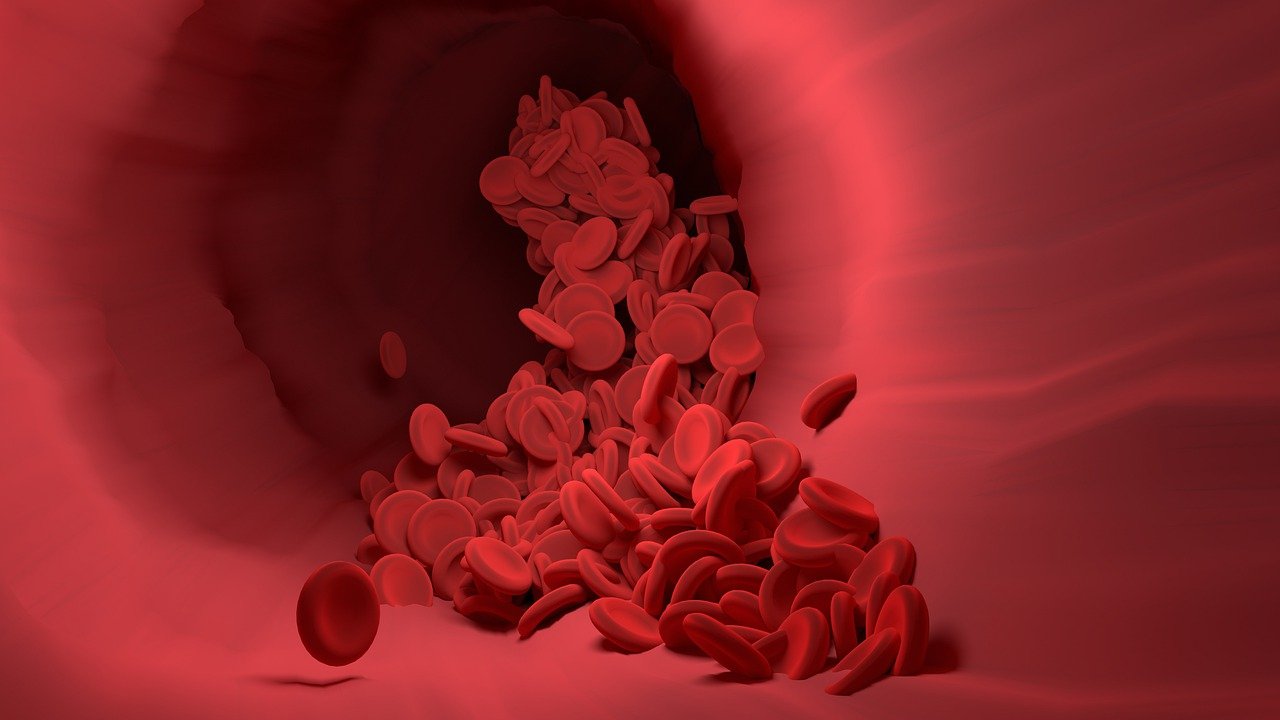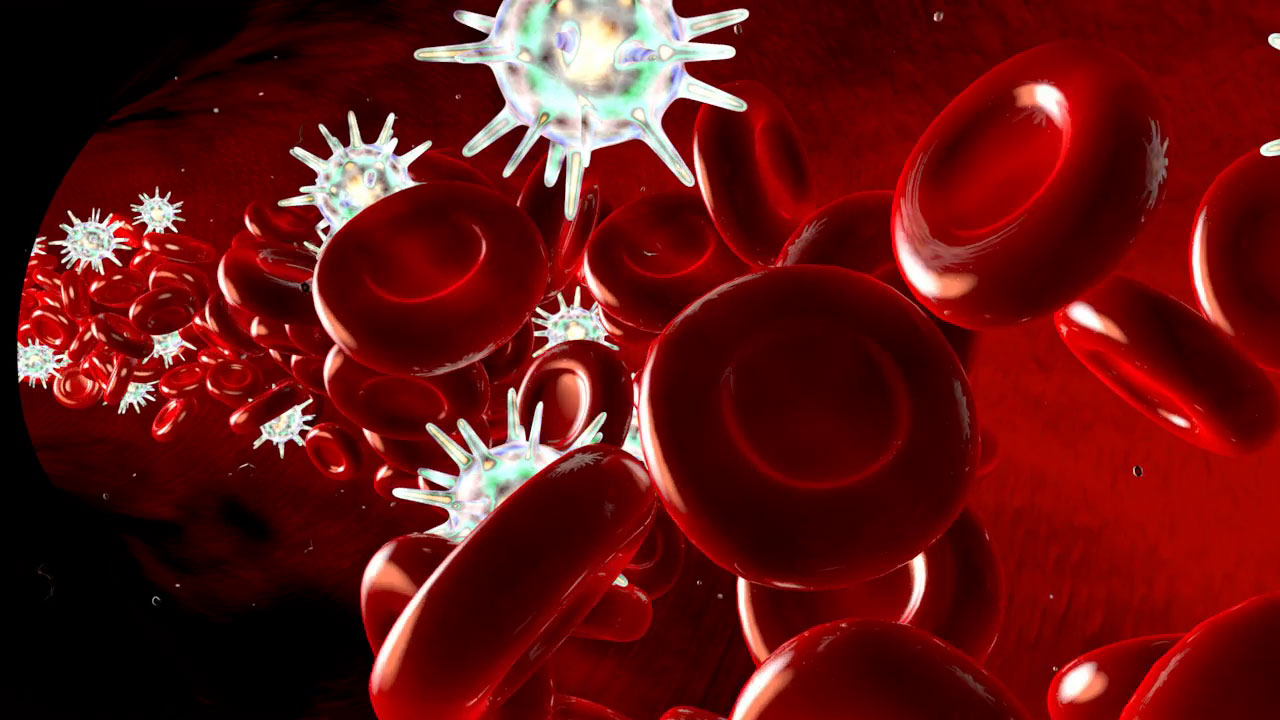The monocyte, which is a white blood cell tasked with detecting and fighting microbes entering our body, also creates a much more effective immune system by calling other white blood cells. Let’s answer the questions in detail, such as what is a monocyte, a type of white blood cell, what it does, what happens in case of high and low.
There are countless mechanisms in our body that are responsible for protecting us. One of these mechanisms is white blood cells. There are some types of white blood cells that are produced in the bone marrow and fight germs by getting into the blood. One of these species is monocytes. Monocyte, like other cells It fights germs, but more importantly, it acts as a messenger that calls other white blood cells into battle.
The fact that the monocyte acts as a kind of messenger by calling other white blood cells forms the basis of the immune system. For this reason, monocyte elevation and low monocyte levels should be controlled by a specialist physician and some treatments should be applied when necessary. There are some precautions you can take to restore your monocyte balance. Bride What is a monocyte, a type of white blood cell? Let’s answer the curious questions such as what is the use, what happens in case of height and low, in all details.
What is a monocyte and what does it do? Ideal monocyte ratio, height and low:
Let’s start with the basics, what is a monocyte?
Monocytes are leukocytes, which are produced in the bone marrow and then enter the blood and undertake the task of fighting microbes. It is one of the five subtypes of white blood cells. Monocytes, like other white blood cells, are responsible for finding and destroying viruses, bacteria, fungi, protozoa and other microbes. Another task is to start the treatment and infection prevention process by calling other white blood cells after finding the microbe.
So what does a monocyte do?
We can say that monocytes are both warriors and messengers. White blood cells are produced in the bone marrow. When a microbe enters our body, these cells go into an alarm state and mix with the blood. One of them, the monocyte, both fights microbes and activates other white blood cells by calling them into action.
There are two types of monocytes:
- Dendritic cells
- macrophages
Dendritic cells:
Dendritic cells are the part of monocytes that act as call centers. Their job is to stimulate other cells in our body to make them take action. Dendritic cells are found in superficial tissues such as the lining of the nose, lungs, stomach, and intestines. When a microbe enters our body, dendritic cells collect the microbe’s antigen and call the white blood cells to the area by emitting cytokines.
Macrophages:
Macrophages are the warrior part of monocytes. Their job is to fight microbes that enter our body. Macrophages surround microbes, engulfing them with toxic enzymes, engulfing them and killing them. Macrophages are also responsible for keeping dead cells out of the bloodstream and tissues. So macrophages are soldier monocytes.

How to detect the rate of monocytes in your body?
Depending on the symptoms you are experiencing, your doctor may suspect that your monocyte value is low or high. To determine your monocyte ratio, you will be asked for a complete blood count. As a result of the complete blood count, the monocyte ratio is determined along with many blood values. If there are different disorders suspected according to the ratio situation, new tests may also be requested.
What should the monocyte ratio be?
Under normal conditions, the monocyte ratio is the total number of white blood cells. make up 2% to 8%. In healthy adults, this means 200 to 800 monocytes per microliter of blood. A monocyte value between 0 and 9 percent is considered normal.
What is low monocyte, why do monocyte drop?
- aplastic anemia
- blood infection
- burn injuries
- HIV virus
- reaction to chemotherapy
This is the case when your monocyte value is below normal as a result of the complete blood count test. monocytopenia, low monocyte is called. Some of the conditions that cause low monocyte are as above.
What is monocyte height, why does monocyte increase?
- Autoimmune diseases such as lupus, rheumatoid arthritis
- blood disorders
- Cancer types such as leukemia, lymphoma
- cardiovascular diseases
- Infections such as mononucleosis
- Inflammatory disorders such as sarcoidosis
This is the case when your monocyte value is above normal as a result of the complete blood count test. monocytosis (high monocyte) is called. Some of the conditions that cause monocyte elevation are as above.
What symptoms are seen if monocyte values are not normal?

- Stomach ache
- inflammation
- feeling of burnout
- abnormal weight loss
- High fever
Unlike many ailments, there is a problem in your monocyte value. Both lowness and height have similar symptoms. For this reason, any treatment should not be started without the diagnosis of a specialist physician. Some of the symptoms to be seen if the monocyte values are not normal are as above.
How to lower high monocytes?
- Limit red meat consumption.
- Limit refined carbohydrate consumption.
- Limit the consumption of fried food.
- Limit alcohol consumption.
- Exercise regularly.
If you have been diagnosed with monocytosis, that is, monocyte elevation, as a result of the full count test. using these methods You can lower your monocyte value. Of course, before applying these methods, you should consult your doctor and always keep the treatment method given by him at the forefront.

How to raise low monocytes?
If you have been diagnosed with monocytopenia, that is, low monocyte levels, as a result of the complete count test, you should first talk to your doctor and state the drugs you use, and if there are any that reduce your monocyte value, you should use them with the new dose. Different conditions that lower your monocyte value Again, you should discuss with your doctor and determine if you have deficiencies such as vitamin B12, C, and D, you should take supplements. Of course, you should consult your doctor before all the methods you will apply and you should always keep the treatment method given by him at the forefront.
What should be done to keep the monocyte value under control?
- Avoid injuries and risks of infection.
- Eat well.
- Exercise regularly.
- If you smoke, quit as soon as possible.
- Pay attention to your hygiene, especially washing your hands frequently.
- Try to reduce your stress level, seek professional help if needed.
If you do not have any symptoms of low or high monocyte levels, and even if you have not been diagnosed with any disease by a specialist doctor By applying the above methods, you can protect your monocytes and prevent future diseases. In fact, the healthier you live, the healthier your monocyte value will be.
When a microbe enters your body, it starts the treatment process by fighting it and calling other cells. what is a monocyte, a type of white blood cell, what does it do, what happens in case of high and low We talked about the details you need to know about the subject by answering frequently asked questions. What we describe is for informational purposes only. As with all health issues, you should get the most accurate and specific information about monocyte from a specialist physician by applying to the nearest health institution.
RELATED NEWS
